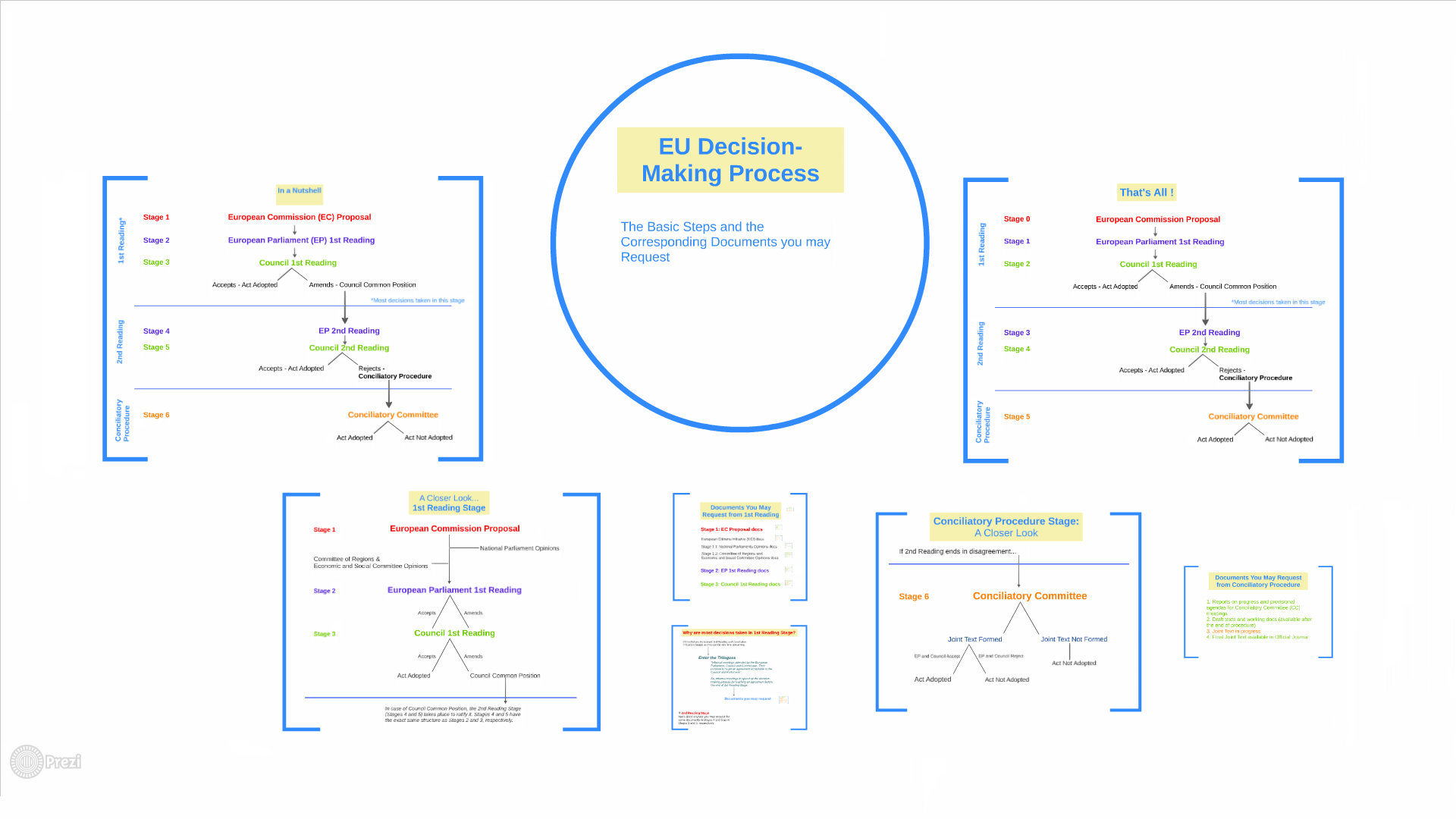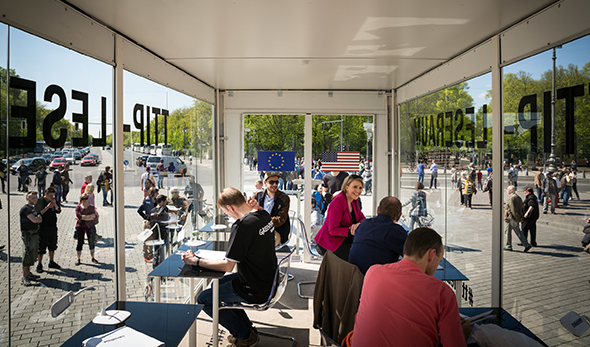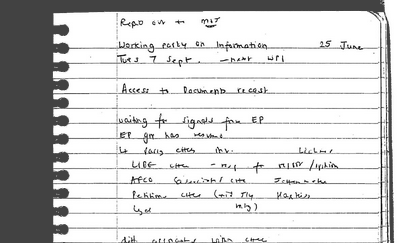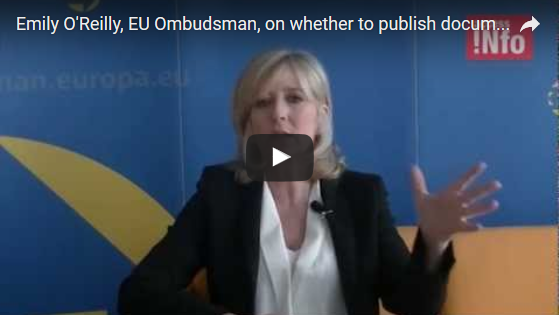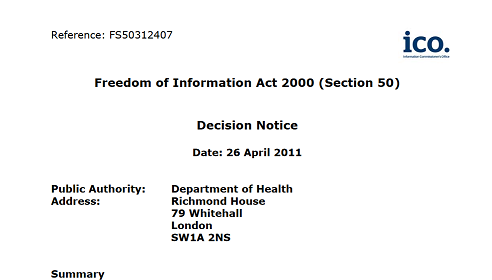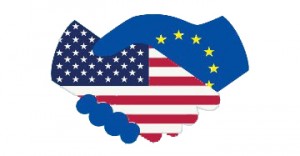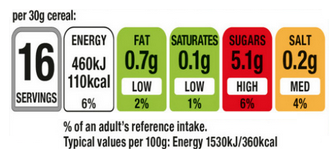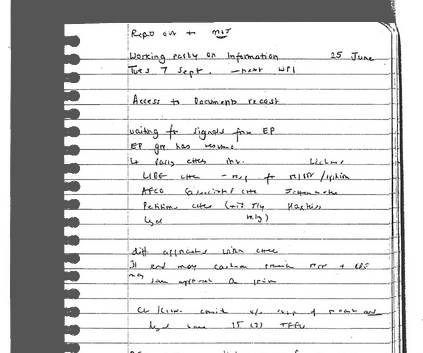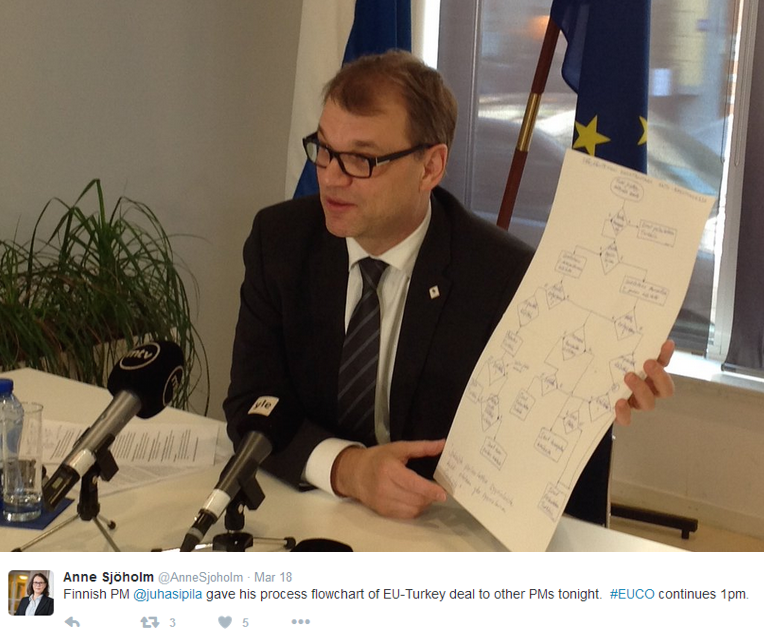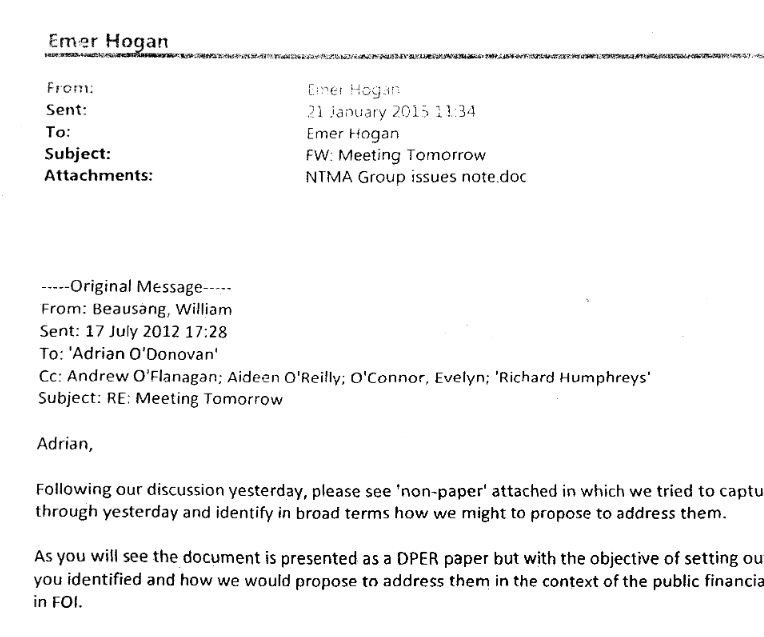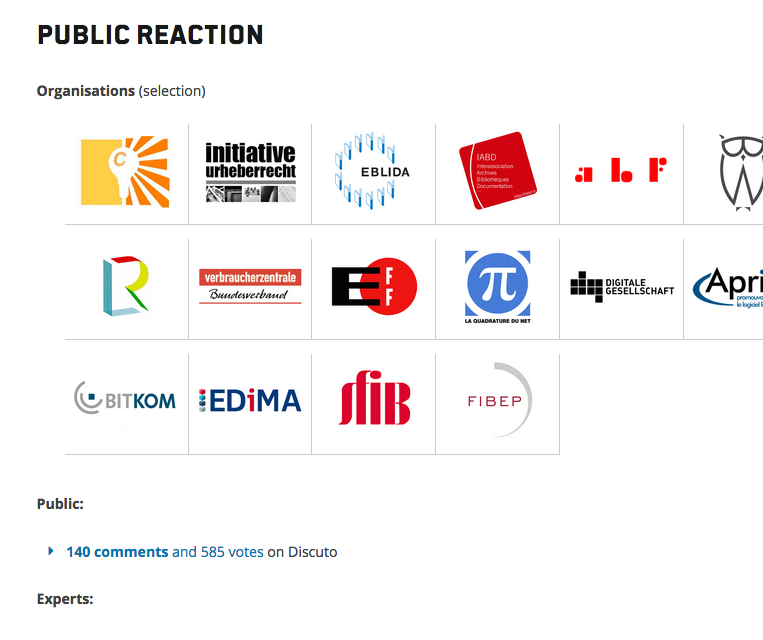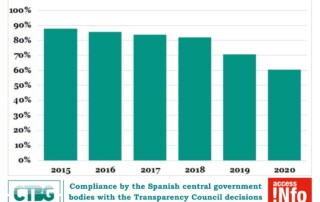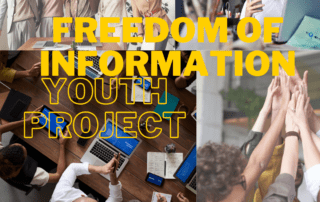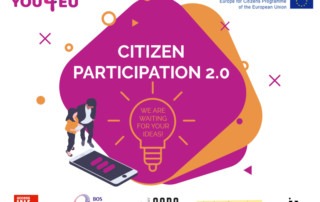OPENING UP DECISION MAKING
RESEARCH SHOWS THERE IS A SERIOUS LACK OF TRANSPARENCY WHEN TRYING TO KNOW HOW DECISIONS ARE TAKEN IN EUROPE
THIS IS WHAT WE FOUND, AND WHAT NEEDS TO BE DONE
ONLY 40% OF KEY DECISION-MAKING INFORMATION IS AVAILABLE IN EUROPEAN COUNTRIES
The map below explores the different obstacles we’ve encountered accessing information on decision-making processes in 12 European jurisdictions.
- Information available:
- 0-20%
- 21-40%
- 41-60%
- 61-80%
- 81-100%
THE FINDINGS: MAIN CHALLENGES FOR TRANSPARENCY
Europe's Access to Information laws permit requests for decision-making information
What we have found
However, an analysis of these 12 European laws has told us there is no obligation to record minutes of meetings held as part of decision-making processes.
Insufficient levels of proactive publication of information is impeding participation
What we have found
European countries are not proactively publishing who public officials meet, reasons justifying their decisions, nor records created regarding policy and legislation.
Information released through FOI requests is not enough to ensure accountability
What we have found
European countries are abusing the use of certain exceptions to deny access to documents, such as the protection of privacy when it comes to government and public officials.
RECOMMENDATIONS: TOWARDS OPEN DECISION MAKING
All public bodies which bear responsibility for decision making should fall under the scope of the access to information laws.
Public authorities have a duty to document information around decision-making processes that is essential to ensure public participation and scrutiny, as well as for the historical record.
Public authorities and representatives should be obliged to keep records and proactively publish information such as their agendas, minutes of meetings, third-party documents (submitted as part of or outside public consultations) and information justifying decisions taken.
Prompt responses to requests are essential to facilitate potential participation in decision-making processes. This also counts when responding to appeals.
Exceptions should always be applied narrowly and always taking into account any overriding public interest in full (or partial) disclosure of information.
“Decision-making transparency means to be able
to know how decisions are taken, by whom and why,
to be able to participate and hold our leaders accountable.
It is essential to our democracies.”
Helen Darbishire
Executive Director, Access Info Europe
CAMPAIGN MATERIALS: INTRODUCING
THE DECISION-MAKING TRANSPARENCY KIT!
If you are interested in knowing about a decision-making process, want to search for information, submit a request, or campaign for greater transparency of decision making, you might consider taking a look at the following materials!
CLICK ON THE IMAGES
OR SCROLL DOWN TO ACCESS
THE ALL OF THE CONTENT
DIRECTLY!
LOOKING FOR INFORMATION?
THESE ARE THE DOCUMENTS YOU CAN ASK FOR
Both at a national and at the EU level, certain documents are created during the decision-making process. These documents will give you an insight into how a decision was taken. We have created these two presentations explaining, at each phase of decision making, which documents are created, which are proactively published, and which may be requested.
AT NATIONAL/GENERAL LEVEL
AT EUROPEAN UNION LEVEL
CASE STUDIES: CAN WE KNOW HOW THE DECISION WAS TAKEN?
Aiming to contribute to an informed public debate around TTIP and its levels of transparency, we have investigated what information in regards to the negotiations is available, and what is not.
We analysed if interactions between the tobacco industry, EU institutions and national governments are conducted in compliance with transparency rules.
We looked into the legislative proposal to adopt a colour-coded food labelling system which classifies fats, sugars and salts, trying to discover the extent of the influence of lobbies.
WE ASKED EXPERTS AND OFFICIALS:
WHY IS IT SO IMPORTANT TO OPEN UP DECISION MAKING?
As part of our research we have spoken with the EU Ombudsman and other experts on the topic, to find out their views and understandings on the importance of transparency around decision making. Find all interviews on Access Info’s YouTube channel.
HELPFUL JURISPRUDENCE: LITIGATING FOR
ACCESS TO INFORMATION
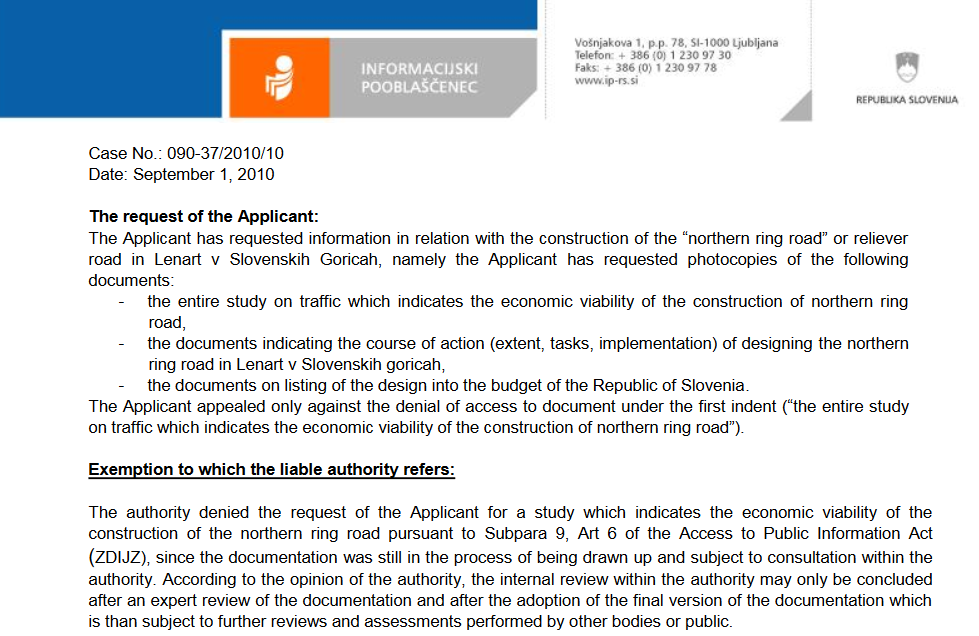
In order to help activists and civil society to push for greater transparency, and secure positive changes in transparency practices, we have collected and displayed the jurisprudence relating to the disclosure of documents.
You will find a series of cases from all across Europe which we hope will be useful in order to map what, where and why we can access key pieces of public information related to decision-making.
PARTNER ORGANISATIONS WORKING WITH US TO PROMOTE DECISION MAKING TRANSPARENCY:
OPEN DECISION MAKING LATEST NEWS
Access Info and the Daphne Foundation kick-off the first event of the FOI Youth Project
Madrid and Valletta, 1 April 2021– Access Info Europe and the Daphne Caruana Galizia Foundation are pleased to announce the launch of the Freedom of Information Youth Project, which will raise awareness among young people of the benefits of exercising the fundamental right of access to information for combatting disinformation and protecting democracy.
Concern re Independence of Spain’s Transparency Council
Access Info Europe is seriously concerned about recent changes to key personnel in Spain’s Transparency Council, which raise the spectre of an attack on the independence of the Council, and points to the urgent need to reform the process by which its directors are appointed.
CALL for Participants – Freedom of Information Youth Project!
Are you between 18 and 30 years old, passionate about human rights and journalism, and resident in either Malta or Spain? Then we are looking for you! The Daphne Caruana Galizia Foundation and Access Info Europe, two civil society organisations based in Malta and Madrid, are looking for youths interested in participating in the one-year Freedom of Information Youth Project!
EU Council urged to end Corporate Lobbying
Access Info Europe today joined Corporate Europe Observatory, Transparência e Integridade and 63 other civil society organisations from across Europe, calling on the incoming Portuguese Presidency of the European Union to push for much needed lobby transparency, accountability and democratic reforms within the Council.
Contest: Digital solution for citizen participation
You have an idea for a new app or platform which can enable better communication and cooperation of citizens in addressing the problems of their communities? You think that digital democracy can support higher inclusion of citizens in policy-making? If your answers to these questions are positive, we invite you to share your idea about innovative digital solution which would
Transparency is core feature of new Council of Europe Guidelines on participation
Madrid, 5 October 2017 – Access Info Europe has welcomed the inclusion of core access to information principles in the Council of Europe’s Guidelines on public participation in decision making. The Guidelines, published last week on the eve of Right to Know Day (27 September 2017), include two of the pro-transparency organisation’s recommendations submitted during the 2016 public consultation: the

